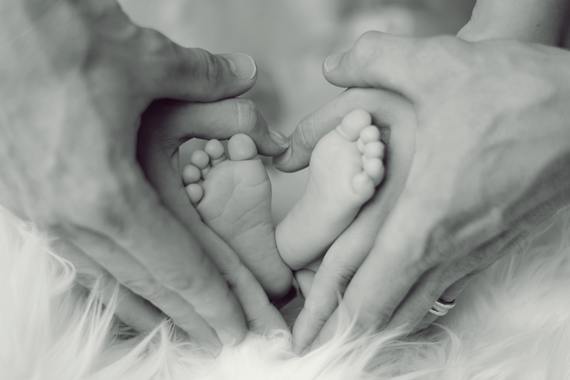
Ask just about anyone and they will tell you that breastfeeding is the healthiest choice for your baby. However, even moms who breastfeed sometimes have to express their milk and that means using bottles. Here is some advice on how you can make safer bottle choices for your baby.
Your first course of action is to choose baby bottles that are BPA free. BPA stands for bisphenol A, which is a chemical that’s commonly released by polycarbonate. Polycarbonate is a common material for the production of baby bottles and when those types of bottles are heated or damaged, a lot of the hormone disrupting chemical is released into your baby’s milk or formula.
BPA exposure is a relatively new discovery but studies have shown that it can have severe and long lasting effects, including certain cancers, diabetes and ADHD, and that the earlier exposure happens, the more likely your child is to have developmental and other health problems.
If the bottles you choose happen to be made from PVC then the problems are even more likely to be serious. Polyvinyl Chloride, or PVC, is one of the most toxic types of plastics around. It’s been linked to learning disabilities, IQ problems and more, and it often contains lead.
It’s not just bottles though. Plastics are also used in teats, teething rings and soothers, and often there’s no indication of what type of plastic it is. If you can’t identify it, call the manufacturer and if you’re in doubt just buy something else.
When buying bottles and other feeding and teething accessories, it’s best to opt for brands that are certified safe. They’re usually a little more expensive but they’re made from glass, polyethylene or polypropylene, which are all safe to use. Avoid bottles with pictures printed on the inside as these can come off when heated and avoid heating bottles on the stove or in the microwave.






